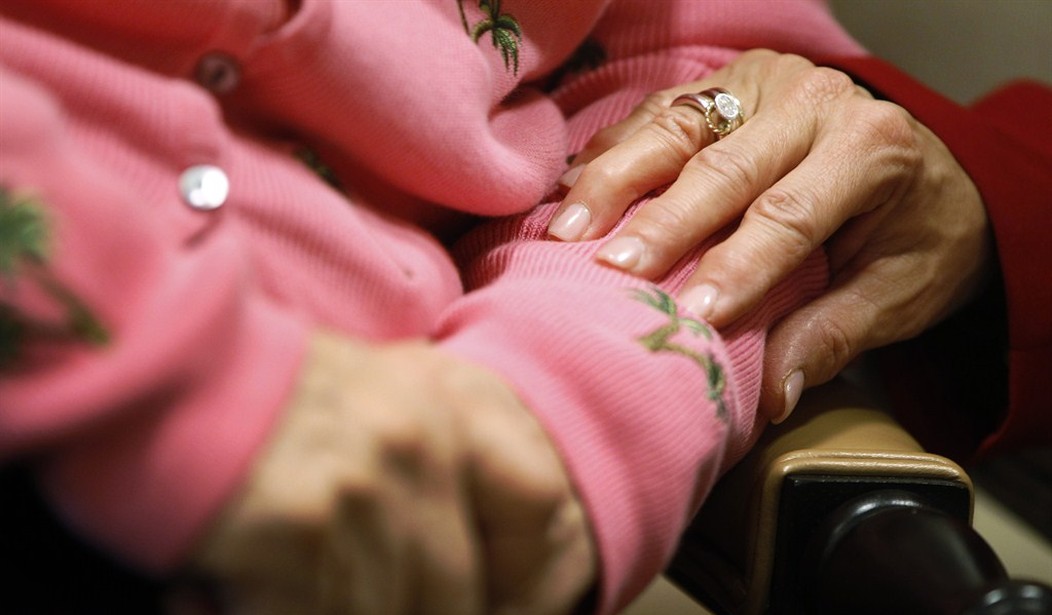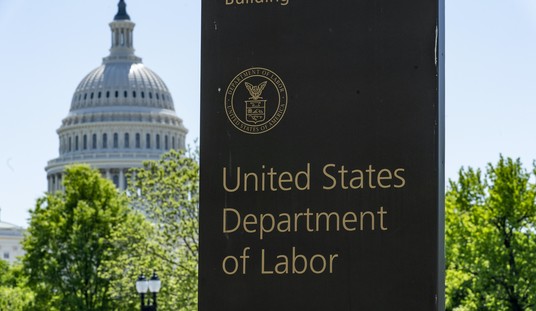In my second Caregiver's Diary entry, I wrote about the process of learning to accept the things I couldn't or didn't have the power to change about my mom's and dad's respective health issues, specifically that there was nothing I could do to take the colon cancer away from mom nor my dad's multiple problems, which included end-stage renal disease and diabetes.
In this entry, though, I wanted to talk about some other things I begrudgingly learned to accept over the past couple of years, a lot of them pertaining to losing my dad and the reflections that followed in the months afterward.
I think there are very few people on this earth who haven't wished that their parents could be around forever, that they would be the exception to the rule on the few "certain" things in life, like taxes and death. As I wrote in a June 2022 column that was my version of Dad's obituary, here's what I wrote:
When you’re a child, you believe your parents will be around forever. But when you grow up you begin to understand that they won’t be. Once you learn that, you pray that God will push out their last days for as long as possible because the thought of being without them is absolutely unbearable.
My dad was on dialysis for almost 11 years, and in the last two years or so his myriad issues really took a toll on him physically and emotionally. In a call expressing condolences a few weeks after we lost him, my dad's primary care physician told my mom that my dad had defied the odds in many ways considering all the health problems he had going on. We were under no delusions about my dad's health in his final months, but it was still sobering to hear that all the same.
At some point in the month after we had to say goodbye to Dad, I reflected on how he'd been since 2021 and how he had stopped wanting to go to doctors (sick of being poked and prodded), increasingly did not want to be left alone (afraid he would fall), and would get more agitated when Mom or I asked him to try to do more physical therapy or not eat this or that (who wants to have their food choices micromanaged?).
During the times I would visit the house and stay for days at a time to help Mom with him, he would sometimes get up in the middle of the night and get a snack from the fridge, and sit in the living room while we were in our beds asleep (well, mom was - I wasn't).
Reflecting on it, I wondered if that was his way of injecting a bit of normalcy and independence in a life that was anything but normal and at a time when he had lost much of his independence.
The last six months Dad was with us, there were times I'd hear him tell his wheelchair-accessible van driver that if it wasn't for Mom and me he wouldn't do dialysis anymore. His driver would always tell him "Mr. Jack, your family loves you and you've gotta do this."
Dad wouldn't respond, at least not in front of us.
Remembering my dad's condition as he went into a physical rehab/nursing home facility two months before he passed away, I recalled signs that he had in some ways given up, though I didn't want to acknowledge it at the time. I saw signs that he was resigning himself to whatever happened. Even though he enjoyed doing the physical therapy there and talked about the progress he thought he was making, he was tired.
His body was tired.
In my opinion, he was saying it was time for us to let go. I see that now but I didn't see it then, didn't want to.
Incredibly, in the 24-hour time frame where we went from thinking he'd be okay to learning he'd have to go on life support, both mom and I knew we had to respect what my dad had laid out in papers as far as whether to keep him alive or allow him to go peacefully.
He didn't want to be kept on life support.
Mom and I looked at each other when the doctor told us that's what they'd have to do, and we agreed that papers or not, we knew my dad didn't want to live like that. Even had he been able to come off of it, he would have been bedridden the rest of his life. We felt like he wouldn't last long in that type of situation.
As hard as it was, we knew it was time to say goodbye.
I'm certainly not telling anyone in a caregiving role how to react/respond in similar situations. I just know in ours that it wasn't about what we wanted, which was to keep Dad around as long as we could, but about what he wanted, which was to be allowed to let go when his body had had enough.
These situations are never easy, but over time once all the hurt and grief has mostly subsided, I pray people who were in our shoes can conclude that they did the right thing and have some peace of mind over it. That peace of mind is what's gotten me through the year and a half since we lost dad, when so much else didn't make sense to me.
MORE: To read my previous Caregiver's Diary entries, please click here.















